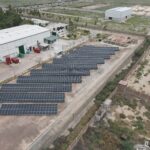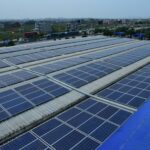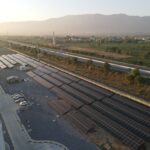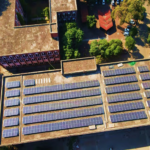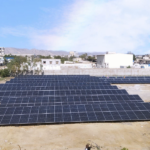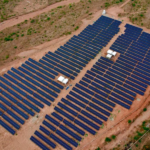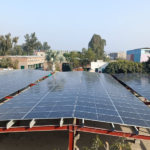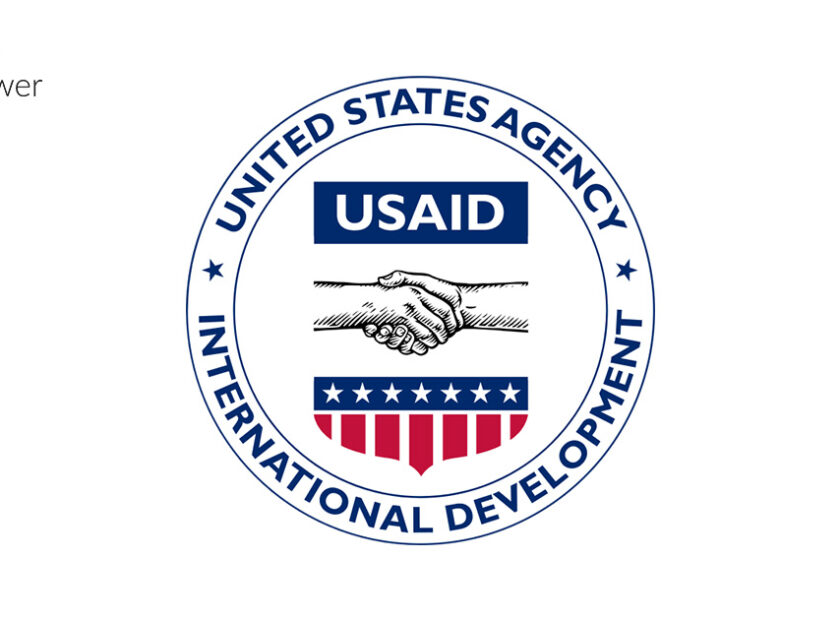Pakistan’s Solar Power Is Growing Quickly
Pakistan has witnessed a remarkable surge in solar energy in recent years. The nation rose to the top of the global solar panel import rankings in 2024. This increase demonstrates how rapidly solar energy is permeating many Pakistanis’ daily lives.
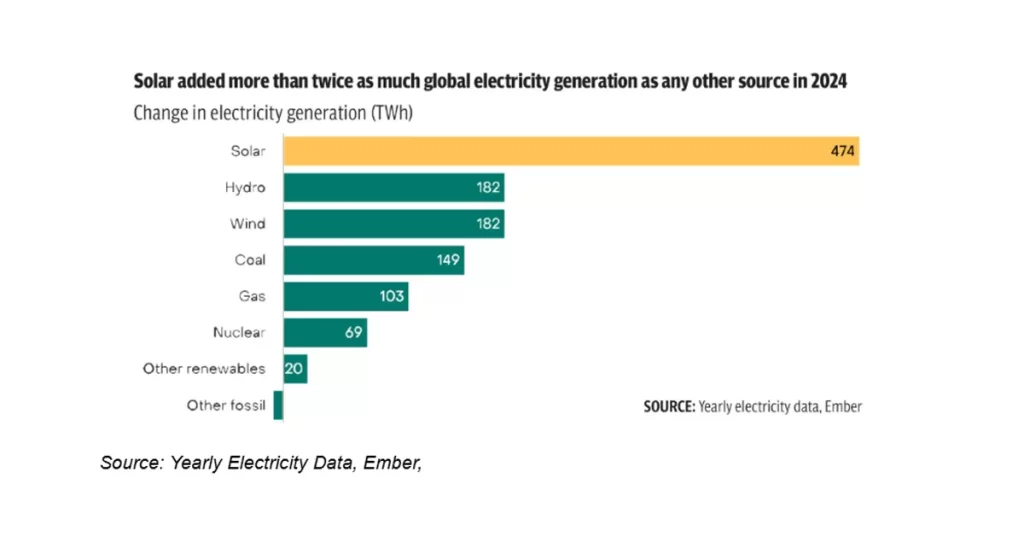
Solar is becoming more popular in offices and industries because it lowers electricity costs and offers more dependable power, particularly during load shedding.
How This Growth Was Assisted by Government Policy
Pakistan’s solar success is a result of both beneficial government policy and technology. Private enterprises were able to invest in solar according to the Renewable Energy Policy (2006), and individuals were able to sell excess electricity back to the grid due to the Net Metering Rules (2015). Because of these developments, solar energy became more feasible and economical, and as a result, renewable energy sources accounted for three-quarters of the growth in electricity demand in 2024, with 40% coming from solar power alone.
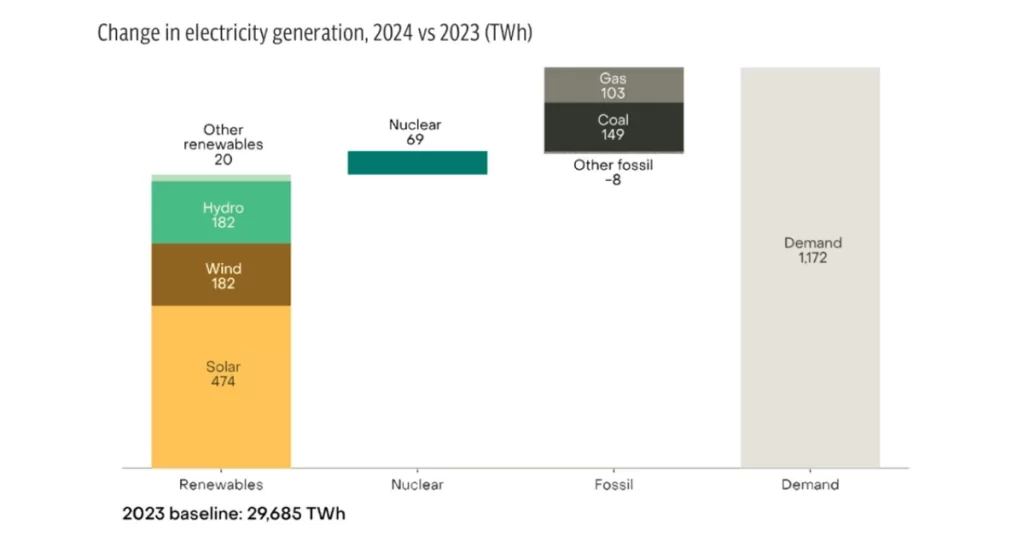
The government has set goals for renewable energy, hoping that by 2030, 60% of its generation capacity will come from domestic clean energy sources. The strategies and measures for achieving the intended results for the power industry are outlined in the National Electricity Policy 2021 and the National Electricity Plan (NEP) 2023-27. In order to guarantee the supply of dependable, secure, economical, and efficient electricity and to facilitate the shift to clean energy resources, the government has put in place the required policy framework.
The government intends to maintain its legislative and regulatory support for solar energy in order to facilitate its ongoing expansion. The Government is continuing its support towards the growth of solar energy through policy and regulatory framework. Future large-scale capacity expansions will continue to mostly use solar energy, and the government is encouraging distributed generation using renewables in both off-grid and grid-connected modes. Solar energy, being one of the cheapest sources of power generation, would remain a main component of new large scale capacity additions in the future.
To supply electricity to people who are off the grid, the government is also encouraging micro and mini networks that are powered by renewable resources. More installations based on renewable energy would be made possible by the launch of the entire electricity market under the Competitive Trading Bilateral Contract Market (CTBCM) regime, as designed by NEPRA. The initiation of the whole electricity market under the CTBCM regime would also pave the way for more renewable energy based installations.
The expansion of solar energy is anticipated to be crucial in supplying Pakistan’s energy needs as the nation continues its shift to a more sustainable energy future. The conditions are right for solar energy to emerge as a significant force in Pakistan’s energy landscape thanks to the government’s encouraging policies and regulatory framework.
Additional People Are Using Solar Power, But There Are Still Issues
Net metering has been used to connect over 300,000 solar systems so far. By returning excess power to the grid, residents in places like Lahore and Karachi are even receiving credit on their electrical bills. More than 4,400 MW of clean power are currently produced by more than 302,000 active net-metering connections, according to NEPRA.
However, a lot of people still think the procedure is unclear or slow. Obtaining clearance can take months in some places. Making solar system installation simpler, faster, and less expensive is essential if we want more people to convert to solar power, especially for households and small businesses.
How Shams Power Is Assisting
We at Shams Power are honored to be contributing to the development of clean energy in Pakistan. Through significant commercial and industrial projects, we have installed more than 30 megawatts of solar electricity, assisting companies in cutting carbon emissions and saving money.
Our Power Purchase Agreement (PPA) approach is what sets Shams Power apart. Because they only pay for the energy they use at a lower rate than the national grid, businesses can go solar with no upfront costs. This implies both immediate savings and long-term effects.
Pakistan’s Next Course of Action
Pakistan must take a few crucial actions to maintain the solar boom. In order to benefit more individuals, the net metering procedure should first be accelerated. Second, make solar systems more cheap by providing tax breaks and low-cost financing. Third, encourage domestic production of solar equipment to lessen our reliance on imports.
Additionally, public awareness is crucial. Many individuals are still unaware of how much money they can save by switching to solar power or that businesses like Shams Power are willing to assist them in doing so without requiring a significant financial commitment.
A Cleaner, Brighter Future
With solar power, Pakistan has a fantastic opportunity to solve its energy issues, save prices, lessen fuel imports, and save the environment. However, this is only possible if the public, corporate sector, and government all continue to work together and support policies strongly.
Shams Power is dedicated to illuminating Pakistan with sustainable energy, one rooftop at a time.
To find out how to switch to solar power right now, go to www.shams-power.com and learn more.



